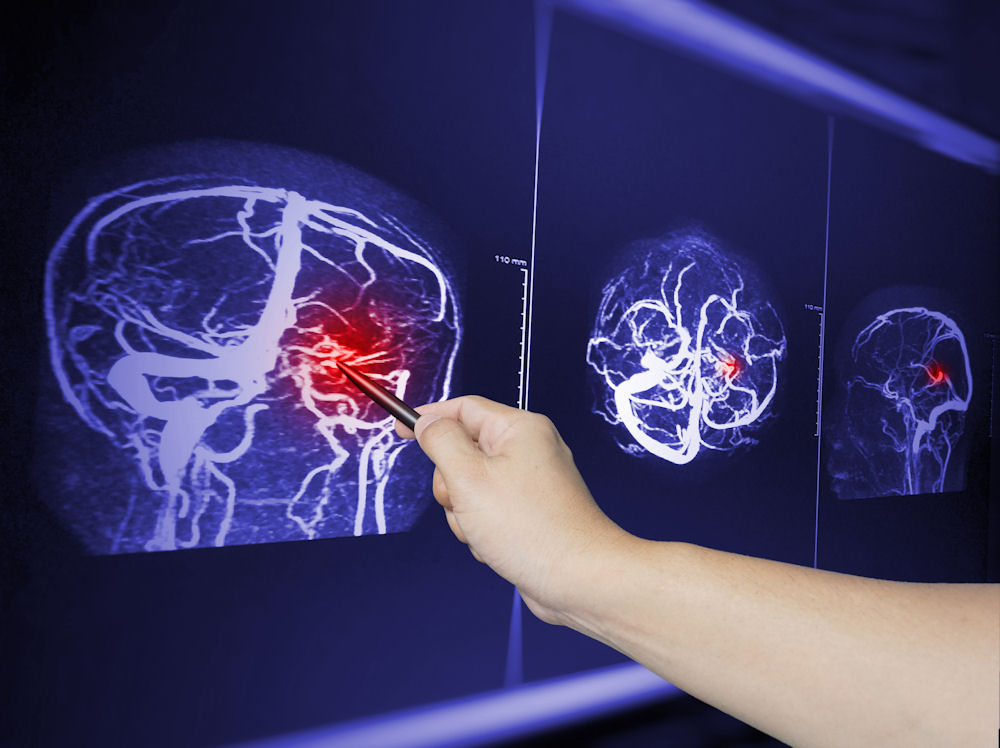Every year in the United States, 1.7 million people are victims of a traumatic brain injury. The Substance Abuse and Mental Health Services Administration (SAMHSA) reports that around 52,000 of those people will succumb to their injuries and die, while more than 250,000 will need hospitalization.
Data from SAMHSA suggests that around 80 percent of traumatic brain injury patients – around 1.4 million – do receive medical treatment before being released from emergency health services.
There are, however, hundreds, if not thousands, more brain injuries each year that go undiagnosed, or victims fail to seek medical attention because they are unaware that they suffered a traumatic brain injury.
March is National Traumatic Brain Injury Awareness Month
March serves as National Traumatic Brain Injury (TBI) Awareness Month; it’s a critical time dedicated to increasing public awareness surrounding the severity of traumatic brain injuries. This month emphasizes the significance of understanding TBI’s causes, effects, and strategies for prevention. The goal is to encourage communities to spread knowledge and support those affected by these life-altering injuries.
National Traumatic Brain Injury Awareness Month was conceived out of a growing recognition of the critical impact of TBIs. Medical professionals, survivors, and advocacy groups emphasized the need for a designated period to raise awareness for traumatic brain injuries. This collective movement toward understanding and addressing the complexities of TBIs led to the establishment of a dedicated month.
At Granite Mountain Behavioral Healthcare, we’re dedicated to treating people with substance abuse and helping heal mental health. We help promote recovery through various treatments and therapies on an individualized basis; it’s the cornerstone of what we do because everybody comes from a different background and requires care that fits their needs.
What is Traumatic Brain Injury?

Traumatic Brain Injury (TBI) is a form of acquired brain injury that occurs when sudden trauma causes damage to the brain. This can happen when the head suddenly and violently hits an object, or when an object pierces the skull and enters brain tissue. Symptoms of a TBI can be mild, moderate, or severe, depending on the extent of the damage to the brain. Mild cases may result in temporary confusion and headaches; more severe cases of TBI may lead to prolonged periods of unconsciousness, amnesia, or even permanent brain damage.
What Causes Traumatic Brain Injury?
Traumatic brain injury (TBI) is primarily caused by a sudden, violent blow or jolt to the head; this can result from accidents, sports injuries, falls, or violent attacks. It can also occur when an object, such as a bullet or shattered piece of skull, penetrates brain tissue. These injuries can lead to temporary or permanent cognitive impairment. Physical and psychosocial functions, depending on the severity and location of the trauma, are also at risk for impairment.
TBI can cause a wide range of symptoms, from mild headaches and dizziness to severe memory loss, paralysis, and even death. This is due to the complex nature of the brain and its intricate network of neurons and synapses. When these connections are disrupted by trauma, it can have far-reaching effects on a person’s ability to think, move, and behave.
Link Between TBI and Substance Abuse
The relationship between traumatic brain injury (TBI) and substance abuse is both complex and significant. Research suggests that individuals who have experienced a TBI are at a heightened risk for engaging in substance abuse. This may be due to how a TBI can alter brain chemistry and function. Altered brain function leads to impaired judgment, increased impulsivity, and greater reliance on substances as a form of self-medication. Substance abuse can increase the risk of sustaining a TBI, creating a pattern that expedites the need for individualized treatment.
TBI and Alcoholism
TBI and alcoholism share a complex and bidirectional relationship, where each condition has the potential to exacerbate the other significantly. On one hand, alcohol use increases the risk of sustaining a TBI due to impaired judgment and coordination. On the other hand, individuals with TBI are at a higher risk of developing alcohol use disorders. This is partly due to abusing alcohol as a coping mechanism for psychological trauma.
Additionally, alcohol can impede the recovery process of TBI, slowing down the rehabilitation efforts and worsening the outcomes. This intricate relationship highlights the need for integrated treatment and support strategies that address both TBI and alcoholism. This is imperative to concurrently ensure the best possible recovery and quality of life for affected individuals.
Alcohol-Related Dementia and TBI
Alcohol-related dementia (ARD) and traumatic brain injury (TBI) are two conditions that highlight the profound impact of lifestyle choices on brain health. ARD is a form of dementia caused by long-term excessive drinking, leading to cognitive decline that might impair everyday functioning. On the other hand, TBI is an injury to the brain caused by a blow or jolt to the head. Both conditions emphasize the critical need for awareness of alcohol consumption and the significance of preventing brain injuries.
TBI and Drug Abuse
TBI and drug abuse are intricately linked, with TBI patients being at a higher risk for drug misuse, and vice versa. Drug abuse can exacerbate the cognitive, emotional, and behavioral challenges that come with a TBI; this complicates recovery and rehabilitation efforts. Those with a history of addiction are more prone to sustaining TBIs, often due to impaired judgment and increased risk-taking behaviors.
How Does Addiction Change Brain Chemistry? How Does it Link to TBI?

Addiction significantly alters brain chemistry, primarily affecting the brain’s reward system. Addiction reinforces behaviors that lead to substance use or other addictive activities, creating a cycle of dependency; this happens when the release of neurotransmitters like dopamine artificially stimulates the brain. This change in brain chemistry affects decision-making, stress responses, and self-control, making it challenging to overcome addiction without intervention.
When considering Traumatic Brain Injury (TBI), the impact on addiction is profound. TBI can disrupt the neural pathways involved in addiction, exacerbate impulsivity, and decrease cognitive function; this makes individuals more susceptible to substance abuse. As previously mentioned, those with TBI might use substances as a coping mechanism for their injury, unknowingly catalyzing addiction.
Traumatic Brain Injury and Substance Addiction Treatment at Granite Mountain
At Granite Mountain Behavioral Health, we understand the intricate connection between TBI and addiction. Our treatment programs are designed to address both the neurological impact of TBI and the psychological aspects of addiction. If you or a loved one would like to find out more, you can contact us here.



